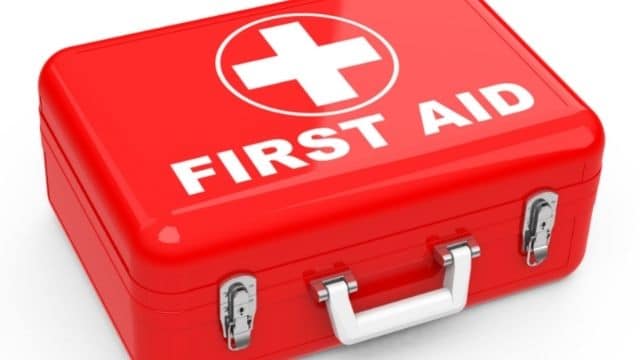Topic Content:
- Meaning of Workshop Safety Device
- Examples of Personal Protective Equipment (PPE)
- First-aid box, Mask, Fire extinguisher, Face shield, Safety goggles, etc.
What are Workshop Safety Devices?
Workshop safety devices are used to protect human beings, machines, buildings and tools. They include devices like hand gloves, helmets, safety goggles, etc.
All safety devices are generally referred to as “Personal Protective Equipment” (PPE)
Examples of Personal Protective Equipment (PPE)
The following are workshop safety devices:
1. First-aid box: In the workshop, a first-aid box must be present in the event that an accident occurs, usually for minor injuries.

You are viewing an excerpt of this Topic. Subscribe Now to get Full Access to ALL this Subject's Topics and Quizzes for this Term!
Click on the button "Subscribe Now" below for Full Access!
Subscribe Now
Note: If you have Already Subscribed and you are seeing this message, it means you are logged out. Please Log In using the Login Button Below to Carry on Studying!



Responses